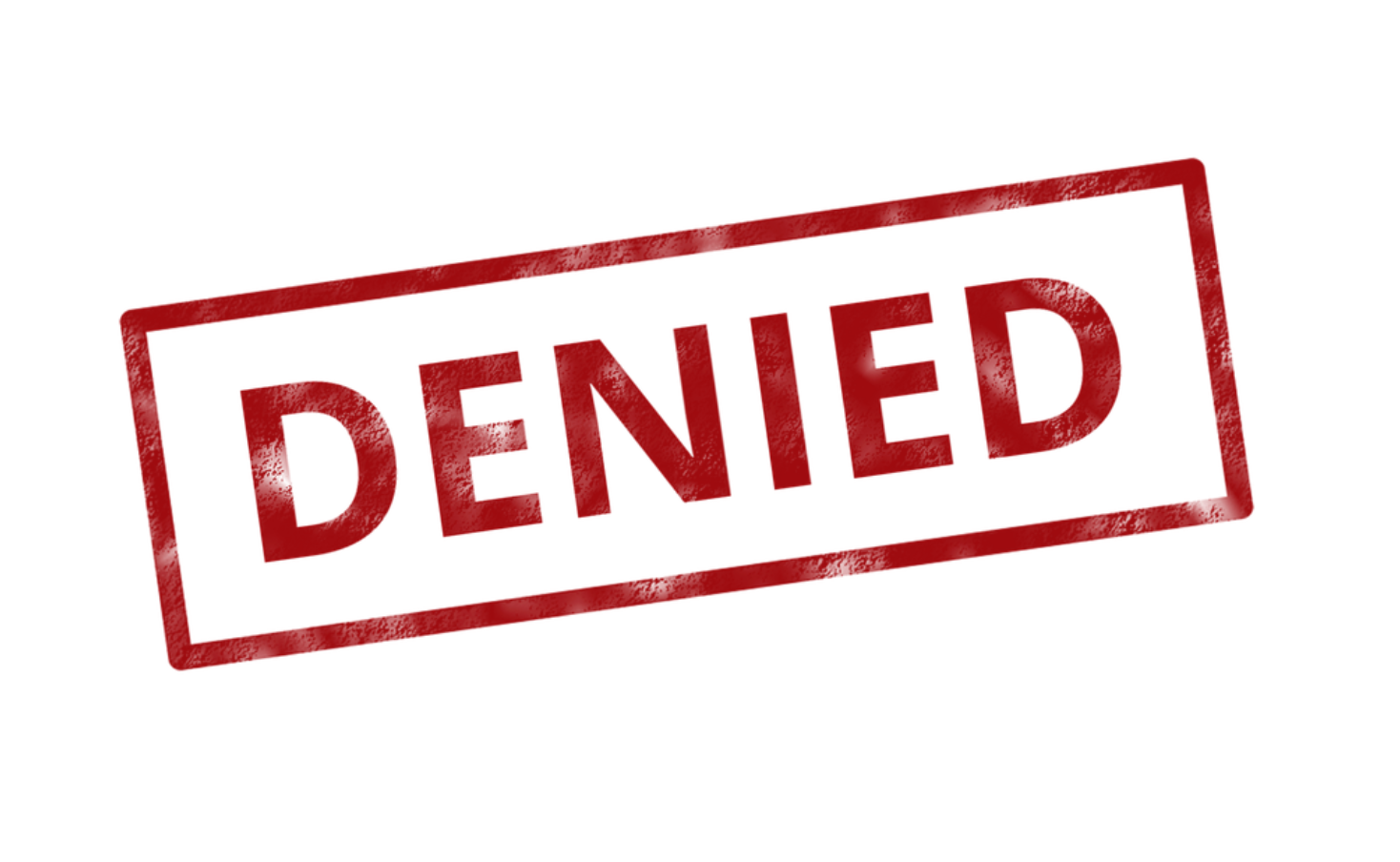By taking precautions and being diligent now, you can prevent potential complications and stress in the future.
No car is indestructible, not even your dream car that you saved up for years to buy. That’s why having good car insurance is so important. But sometimes, insurance companies might say no to your claim.
Car insurance helps protect you financially if there’s an accident. It can cover damage to your car, other people’s property, and injuries to you or others. However, having insurance doesn’t mean you can drive carelessly.
When you file a claim, your insurance company will look into what happened before deciding whether to pay and how much. If they deny your claim, don’t panic. There’s usually a reason for it.
Let’s look at some common reasons car insurance claims are turned down.
Understanding your car insurance policy
Your car insurance policy is like a roadmap for protection. It tells you what’s covered, how much you’ll get, and what’s not included. Knowing these details helps avoid surprises when you need to use it. The policy also explains your responsibilities, like reporting accidents quickly.
If any part of the policy needs clarification, feel free to contact your insurance agent. Understanding your policy and comparing car insurance online can prepare you for any bumps in the road later.
Common reasons car insurance claims get rejected
Car insurance is designed to provide you with protection. Making these five typical errors might result in you having to cover expenses yourself following a collision.
1. Going beyond your policy limit
Insurance policies come with a payout cap. If your claim surpasses this limit, you will be accountable for the expenses. Many drivers pick lower limits to save money on premiums, but this can be risky. After a bad accident, you might end up with a huge bill. To stay safe, understand your coverage and consider higher limits if you can afford them.
2. Breaking traffic laws
Your claim will likely be denied if you’re breaking the law when an accident happens. This includes driving without a license, speeding, or driving under the influence. Even using your car for business without proper coverage can be a problem. Always follow traffic laws and drive safely. It’s not just about avoiding tickets; it’s about ensuring your insurance covers you.
3. Filing your claim late
Be sure to file a claim. Most policies require you to report accidents quickly and file claims within a certain time. If you’re too slow, your claim might be rejected. Always call your insurance company before getting your car fixed. This lets them check the damage and handle your claim properly.
4. A history of false claims
Be honest with your insurance company. They keep records of all claims; if you’ve lied before, they’ll be suspicious of future claims. Always tell the truth about what happened and how bad the damage is. Lying might seem tempting to get more money, but it can backfire badly.
5. Delaying medical treatment
See a doctor soon after an accident, even if you feel fine. This creates a clear link between the accident and any injuries. Some problems, like whiplash, show up later. If you wait too long to get checked out, the insurance company might argue your injuries aren’t from the accident. This could mean less money or no payout at all.
What do you do if your claim gets denied?

You’ll receive an explanation if your health or auto insurance claim is denied. For health insurance, it’s called an Explanation of Benefits (EOB). For auto insurance, you’ll get a letter stating the reasons.
Insurance companies often need help to obtain and understand these documents. You might have to use a complicated online system or wait for mail. The documents may also use confusing medical terms or industry codes.
This can be especially tricky if you’re seeing multiple doctors or recovering from serious injuries. The insurance company doesn’t always try to clarify things, as your confusion can benefit them financially.
Remember, you have the right to challenge claim denials. To improve your chances:
- Collect as much evidence as possible.
- Get medical attention right after an accident.
- Keep detailed records of all medical care and expenses.
These steps help build a strong case for your accident and the necessary care. Good documentation can force insurance adjusters to approve your claim.
It might take a few attempts, but you can succeed against insurance companies. Working with a personal injury lawyer can greatly help. They can:
- Explain complex documents.
- Make strong demands on the insurance company.
- Fight against claim denials.
Summing up
Investing in auto insurance is crucial for safeguarding your vehicle against unexpected events. To ensure your comprehensive or third-party car insurance claims are approved, it’s important to understand and follow the guidelines provided by your insurer. If in doubt, seek legal advice.
While insurance offers financial protection, it’s a two-way street requiring active participation. By taking precautions and being diligent now, you can prevent potential complications and stress in the future.


Join the conversation!